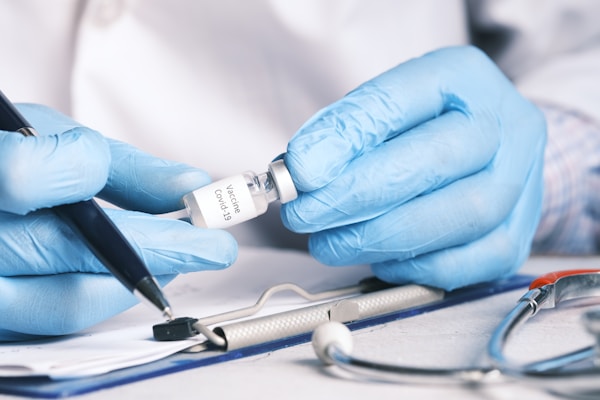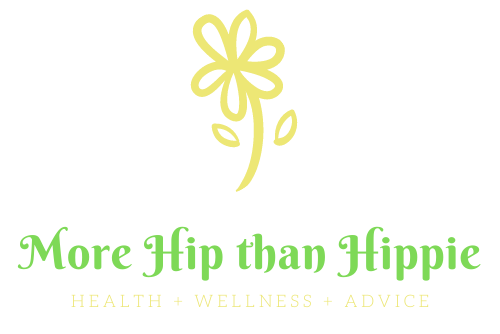There are some risks associated with traveling abroad, but there are things you can do to protect yourself from illness. Staying healthy while traveling abroad is all about being prepared. Follow these tips to stay well on your next travel adventure.
Find out if you need vaccines.

Vaccines are necessary for traveling to certain destinations. Some infectious diseases, such as yellow fever and typhoid, are more common in other parts of the world. Find out if there are risks for disease in your travel destination so you can get vaccinated and take precautions against getting sick. Vaccines can be administered by your doctor or at a travel clinic. Schedule your appointments well in advance of your departure, as some vaccines require multiple doses and/or a waiting period between doses.
Be prepared for pollen allergies.
Pollen allergies are a common health concern, but some people experience severe pollen allergy symptoms. If you’re one of those people, make sure you know the pollen levels in your destination country. Pollen levels can vary significantly from country to country. If you know you are going to be in a high-pollen area, be sure to pack your allergy medication.
Here are some ways to help protect yourself again pollen allergies:
- Wear sunglasses and a hat to protect your eyes and skin from pollen.
- Pollen levels are usually highest in the morning, so try to schedule your sightseeing for the afternoon or evening.
- Keep your windows and doors closed. Keeping your windows and doors closed can help keep pollen out of your room.
- Take a shower after being outdoors to remove pollen from your skin and hair.
- Drink plenty of fluids to help flush pollen out of your system.
- Avoid touching your eyes and nose. Touching your eyes and nose can increase your exposure and aggravate your reactions to pollen.
Invest in travel insurance.
There are some things you can’t control. Accidents can happen no matter how cautious you are. Even if you’ve prepared for all of the known risks, something can come up that makes it necessary to seek medical care while you’re traveling. The cost of medical care can be expensive, so it’s always a good idea to have travel insurance.
Be mindful of food and waterborne illnesses.

In some destinations, tourists are advised to avoid drinking tap water or eating certain foods. If you’ve been given this warning, be extremely cautious and follow the rules. Check the safety of food and water before you consume them. Avoid raw fruits and vegetables unless they can be peeled or washed thoroughly first. If you’ve been warned against drinking the tap water remember to brush your teeth with bottled water, or water that has been boiled and cooled.
Protect yourself from sun exposure and insect bites.
It’s fun to be outdoors on a sunny day, but be careful. Too much sun exposure can cause headaches, heatstroke, and painful sunburn. It can also lead to skin cancer. Use a broad-spectrum sunscreen, re-apply every two hours, and avoid being in the sun during the hottest part of the day. Mosquitoes and other insects can spread diseases such as malaria. If it’s buggy where you are, wear insect repellent and do everything you can to avoid getting bitten.
Be careful in traffic.
Traffic accidents are a common cause of injury, period. Whether you’re travelling or not, wear a seatbelt and avoid driving if you are tired or drunk. It’s equally important to pay attention to traffic as a pedestrian. Walking around and exploring cities is one of the greatest pleasures of traveling, but don’t get so distracted that you aren’t aware of your surroundings.
Most importantly, get help if you need it.
If you do experience any health issues while in a foreign country, be sure to see a doctor as soon as possible. Do not try to self-diagnose or treat any health problems you may have. Seek professional medical care to ensure that you get the best possible treatment.


